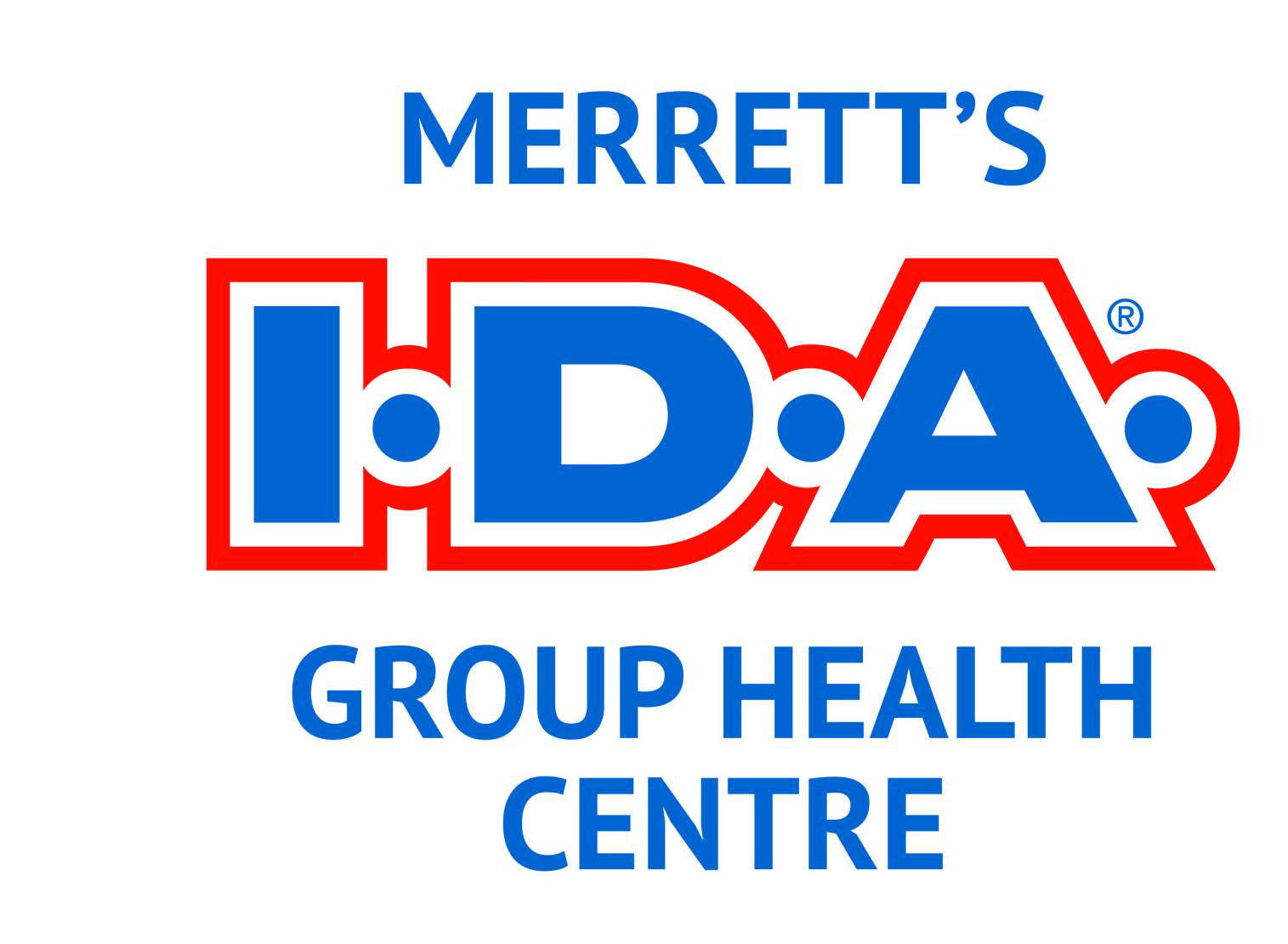Acetaminophen, NSAIDS & Overdose
How To Avoid Accidental Overdose Of Common Pain Medication
Acetaminophen and nonsteroidal anti-inflammatory drugs (NSAIDs) are medications you can buy without a prescription at the pharmacy, whether to relieve headaches, back pain, temporary muscle aches, or menstrual cramps. They are also often prescribed to relieve chronic pain caused by osteoarthritis and other chronic diseases.
